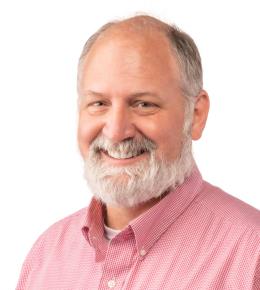Surprisingly Affordable
Whether you’ve recently completed your undergraduate degree, or you want to kick your career up a notch, graduate school is the next logical step. The good news is there is funding for both online and on-campus students to get you through your program.
Learn more about tuition and fees for undergraduate students and see how your out-of-pocket costs at USD compare to those at other colleges and universities. Visit the Graduate Tuition & Costs Detailed page for program specific costs and fees.
Navigating options for how to pay for college can be challenging, but you are not alone. The Office of Financial Aid will work with you and your family to explore how you can make your college education even more affordable.
USD offers opportunities for grad students to earn a reduced tuition rate in exchange for their teaching, research and service efforts to the university.

























